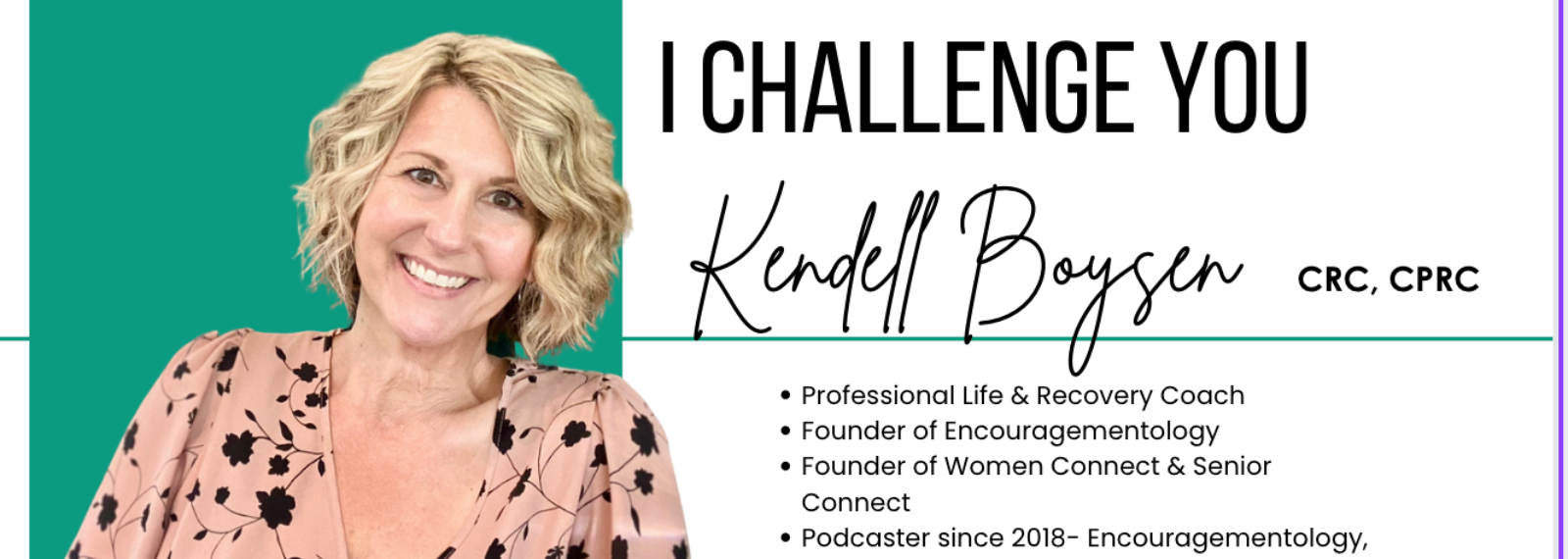Episodes

Tuesday Jan 21, 2025
Procrastination: It’s Not Complicated, It’s Just Hard
Tuesday Jan 21, 2025
Tuesday Jan 21, 2025
SHOW NOTES:
On this show…we’re diving into a topic that many of us are all too familiar with: procrastination. It’s the sneaky little gremlin we all know too well. You promise you’ll “get to it tomorrow,” but somehow tomorrow keeps moving further away. The truth is, procrastination isn’t about being lazy or disorganized; it’s often about dodging discomfort, whether it’s tackling a tough project, having a hard conversation, or just folding that mountain of laundry. It’s not complicated, but let’s face it—it is hard. The good news? With the right mindset and a few practical strategies, you can kick procrastination to the curb and finally get stuff done. So, grab your to-do list (if you haven’t procrastinated on making one), and let’s explore why we put things off and how to overcome this all-too-common hurdle. Because, hey, even a baby step forward is better than a perfectly polished excuse!...Most of the time. Just kidding…
Alright, let’s kick things off with a quick, no-pressure quiz to see where you stand on the procrastination spectrum. Grab a pen—or just think about your answers, but no procrastinating! Answer “yes” or “no” to these questions:
- Do you ever tell yourself, “I work better under pressure,” and then wait until the last minute to start a task?
- Is “I’ll get to it tomorrow” your unofficial life motto?
- Do you have projects or tasks that have been on your to-do list so long they feel like part of the furniture?
- Do you find yourself doing something else productive—like cleaning the fridge or reorganizing your closet—to avoid the real thing you need to do?
- When you finish one task, do you think, “Whew, I deserve a break!” and then start a four-hour Netflix marathon?
If you answered “yes” to even one of these, procrastination might be paying you a visit. If you answered “yes” to all five…well, we’ve got some work to do—but don’t worry, you’re not alone!
Now, let’s dive in and figure out what’s really going on behind the scenes when we procrastinate, and more importantly, how we can start turning those “I’ll do it tomorrow” moments into “Wow, look at me go!” moments.
To tackle procrastination, we first need to understand what it is and why we do it. Procrastination is more than just laziness; it’s a complex psychological behavior rooted in our desire to avoid discomfort. According to an article from Verywell Health, procrastination can lead to increased stress, health problems, and poorer performance.  It’s often linked to factors like fear of failure, perfectionism, and low self-esteem. Recognizing these underlying causes is the first step toward change.
How to Stop Procrastinating - By Michelle Pugle
The Crucial Role Emotions Play in Productivity - TIME
I’ve heard this advice before…take big projects and break them down into smaller, bite-sized chunks and this is excellent advice, but let’s take it a step further with granular tips and tricks to ensure this strategy truly works for you.
- Start with the End Goal
- Visualize what “done” looks like. What does success mean for this task? Write it down.
- Example: Instead of just “finish the report,” write, “Create a polished, 5-page report with data visuals and an executive summary.”
- Reverse Engineer Your Steps
- Work backward from the end goal and ask: “What must happen immediately before this step?” Keep repeating until you reach the beginning.
- Example: For “create a polished report,” steps might look like:
- Format and proofread the final document.
- Draft each section based on research.
- Organize and clean up the data.
- Gather data from different sources.
- Create Micro-Tasks
- Break down tasks into time-boxed, specific actions.
- Use the 2-minute rule for any task that’s quick (e.g., “create a folder to store research”).
- Example for “research topic ideas for presentation”:
- Spend 5 minutes brainstorming keywords.
- Spend 10 minutes searching online and bookmarking articles.
- Write down 3 ideas in a notebook.
- Use Action Words
- Write tasks as specific actions. Avoid vague labels like “work on project.” Instead, use verbs like “outline,” “call,” “research,” or “draft.”
- Example: Instead of “organize inbox,” write “delete 20 old emails” or “label 10 client messages.”
- The Rule of One
- Focus on one part of the task at a time.
- Example: If you’re writing a report, don’t attempt the intro, middle, and conclusion all at once. Start with just the bullet points for one section.
By taking these granular steps, you make any daunting task feel manageable, and before you know it, you’ll be crossing things off your list like a pro!
CHALLENGE: Identify one task you’ve been putting off and apply one of the strategies we’ve discussed today to start it. Remember, taking the first step is often the hardest part, but it’s also the most rewarding.
I Know YOU Can Do It!


3 months ago
gg